College of Science, Engineering & Technology
A class act for Unisa School of Engineering
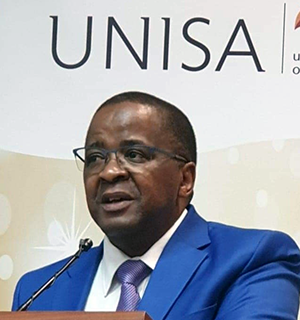
Prof Bhekie Mamba (ED: CSET)
The Executive Management of Unisa’s College of Science, Engineering, and Technology (CSET) has successfully split the Department of Civil and Chemical Engineering (DCCE), the Department of Electrical and Mining Engineering (DEME), and the Department of Mechanical and Industrial Engineering (DMIE) in the School of Engineering back into the original six departments.
Aligning with global trends
Commenting on this exciting news, Professor Bhekie Mamba, CSET Executive Dean, says: “The split of the departments presents opportunities for further growth in the SoE in the future to introduce new specialisations that align with global trends in engineering education and research. The new configuration of these departments will also satisfy the requirements by the Engineering Council of South Africa (ECSA), a professional body that endorses engineering qualifications in the country.
“This reconceptualisation of the departments can also be positively viewed as the SoE had no more than 10 permanent academic staff before the amalgamation of departments and the school now has at least 90 academic staff members, with a total enrolment of students exceeding 10 000, coupled with state-of-the-art laboratory infrastructure and equipment.”
After the merger between Unisa and Technikon South Africa (TSA) in 2004, the six departments in the then School of Engineering were combined because it was felt that they were too small to be viable on their own. At the time of the merger, TSA was focusing mainly on teaching the National Diploma and BTech programmes for all engineering branches or specialities—in other words, the civil, chemical, electrical, mining, mechanical, and industrial engineering disciplines.
Articulation pathway projected
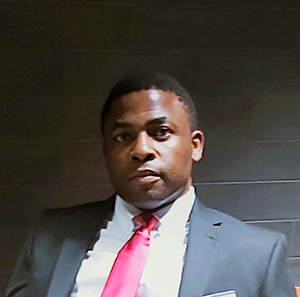
Prof Fulufhelo Nemavhola, (Director: School of Engineering, CSET)
Research activities, which were not a priority before the merger, have now grown considerably, such that there are active researchers in all the engineering disciplines. The SoE is well equipped with state-of-the-art research infrastructure and very good undergraduate laboratories, resulting in all students now undertaking practical sessions on the Unisa Science Campus.
The implementation of the new engineering programme and qualification mix (PQM) at the university from 2020—to include advanced diplomas—is already showing early indications that there will be growth in enrolment figures moving forward. Other universities in South Africa have not taken the route of setting up advanced diplomas, thus leaving a gap in the market for an articulation pathway for students already holding the National Diploma.
Why the change?
“The previous departmental configuration was unique to Unisa and no other university in the country—let alone globally—has such a structural configuration. By virtue of being the only university that configured engineering departments in this way, it was difficult to align the school with departments of other universities,” says Professor Fulufhelo Nemavhola, Director of the SoE. “Therefore, both the university and the community it serves will benefit as the departments are decoupled, allowing streamlining of the engineering programmes.”
The splitting of departments will further present the following opportunities:
- The number of coherent specialisations within the disciplines will increase, with clear demarcations and proper allotment of resources.
- Streamlining of engineering disciplines will allow growth in terms of students and research outputs.
- Compliance with the requirements of ECSA and alignment with other universities will be achieved.
- As the CSET environment is a scarce-skills environment, the decoupling will ensure that there is consistent alignment with local and international universities that offer qualifications in engineering. This alignment will have the following positive spin-offs:
- Each department will be able to attract high-calibre scholars as academics and researchers.
- Engineering programmes will still be offered with full accreditation or endorsement by ECSA.
- Unisa’s engineering programmes will still enjoy full recognition internationally through the Engineering Accords, namely the Washington, Sydney, and Dublin Accords.
*By Thembeka Ntuli-Mpapama, Communication and Marketing Specialist, College of Science, Engineering, and Technology
Publish date: 2020-11-18 00:00:00.0


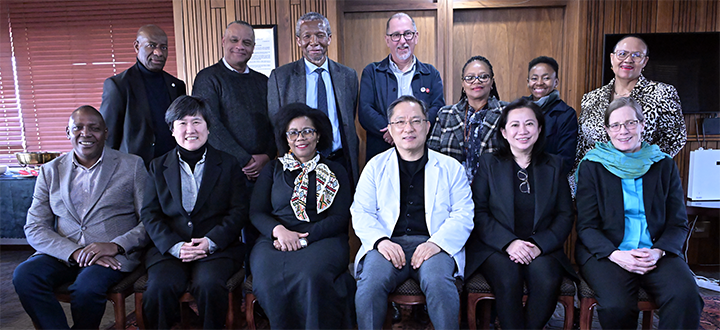 Unisa wins bid to host IAMS General Assembly
Unisa wins bid to host IAMS General Assembly
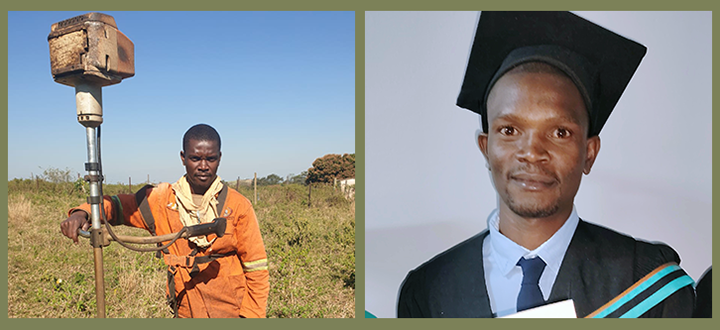 Cutting grass by day, pursuing Unisa studies by night
Cutting grass by day, pursuing Unisa studies by night
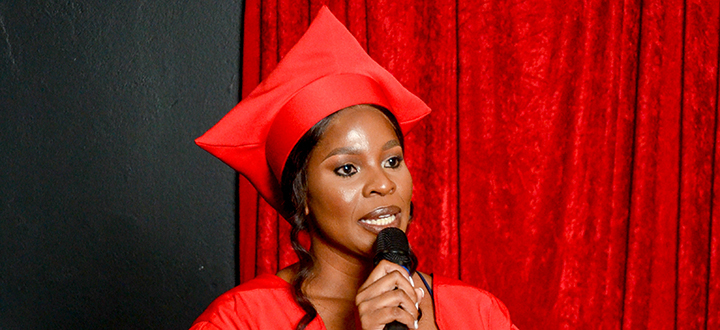 Unisan’s research set to improve accident records management through AI
Unisan’s research set to improve accident records management through AI
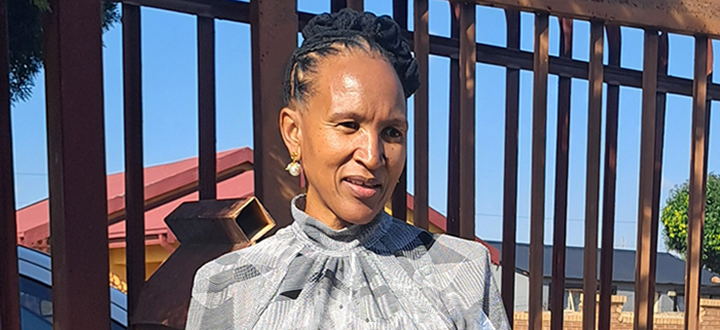 Koma e wetse: When tradition meets the harsh realities of modern livelihoods
Koma e wetse: When tradition meets the harsh realities of modern livelihoods
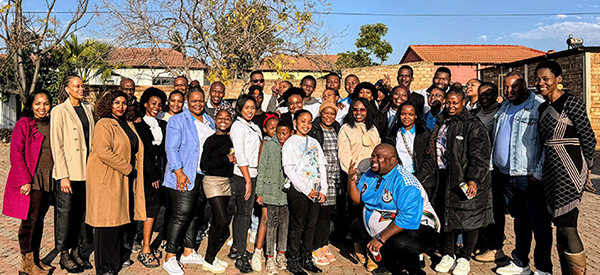 Imbizo inspires youth
Imbizo inspires youth